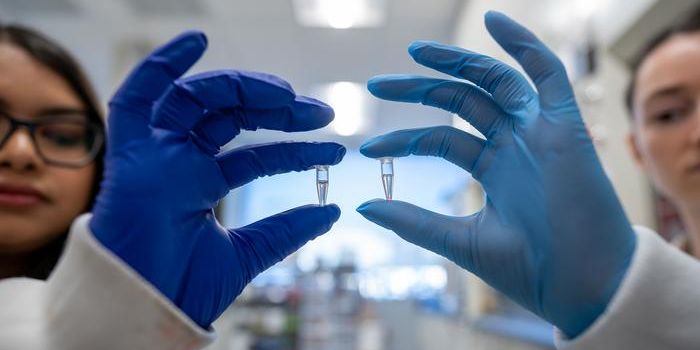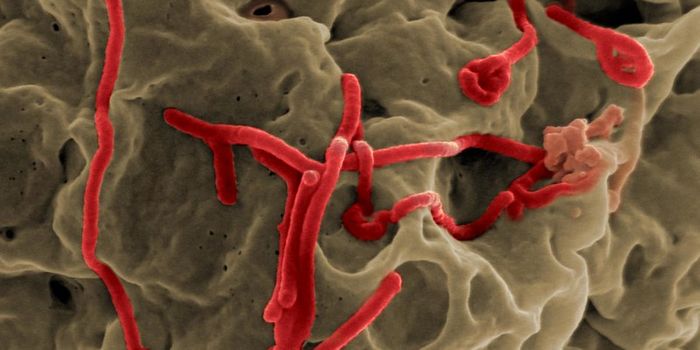Even Bacteria Align With the Daily Cycle of Day and Night
The majority of living organisms on Earth have adapted in some way to the daily cycle of night and day. In humans and other animals, this so-called circadian rhythm is closely connected to sleeping, feeding behaviors, and wellness. When a person's activities interfere with this cycle, like when people work a night shift or get jet-lagged, it has a negative impact on their health; critical physiological processes can be disrupted. Scientists have now used a photosynthetic bacterium to learn more about some of the mechanisms that follow a daily cycle in microbes. The work has been reported in Nature Communications.
"I think this paper demonstrates the importance of having internal biological time coincide with environmental time," said the senior study author UC San Diego Distinguished Professor Susan Golden, director of the Center for Circadian Biology. "There are lots of human illnesses in which people are poorly aligned to their environment. This can result from habits such as getting too much light at night, eating at odd times of the day and not sleeping regularly. In the cyanobacterium it makes a very big difference for biological time and external environment time to be aligned."
Bacteria are known to take up genes from their environment; it adds variation to their genes, helping them to evolve. But bacteria can tightly control exactly what DNA they will absorb, presumably to help prevent the uptake of harmful material. In this research, the scientists used the photosynthetic cyanobacterium Synechococcus elongatus to study how their circadian rhythm influenced DNA uptake.
The researchers found that these bacteria do not absorb DNA early in the morning, instead choosing to conduct the process at night. The scientist hypothesized that the expression of some genes, which peaks at dusk or are turned on by darkness, is critical to the absorption of DNA from the environment. If the internal clock in the bacterial cells senses that it's dusk, the study showed that the incorporation of new genetic material is dramatically increased. However, when darkness occurred at times that are offset from the internal clocks in the bacteria, there was no increase in DNA uptake.
The researchers are not sure why the absorption of DNA is enhanced at night, but they are working on learning more about why.
"This study provides a striking example of the importance of keeping the internal biological clock aligned with the external environment so that processes occur at the right time of day," the researchers noted.
Sources: AAAS/Eurekalert! via University of California - San Diego, Nature Communications










